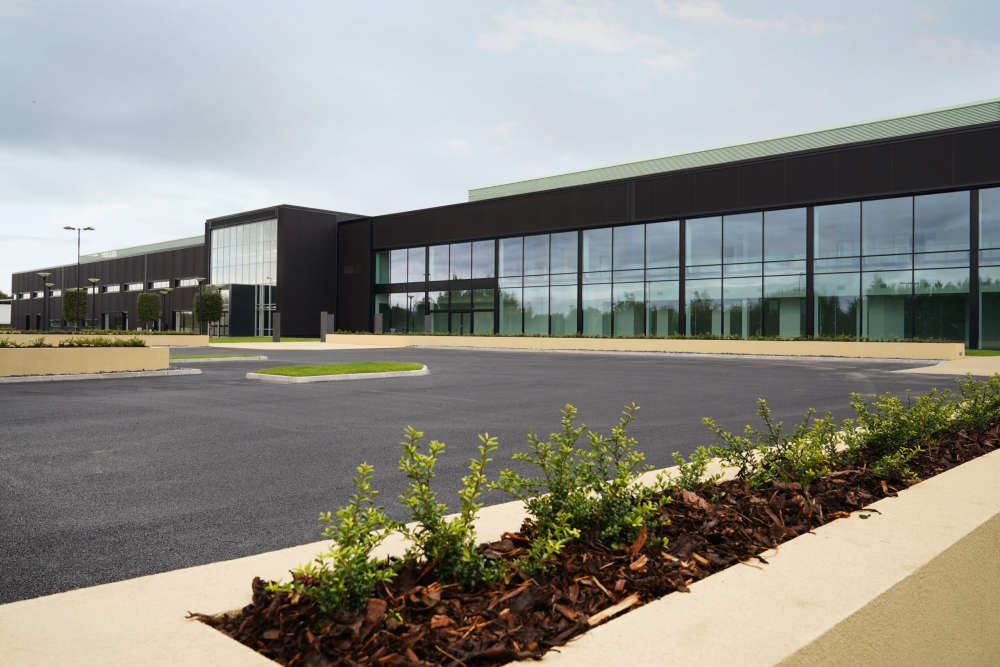
Jobs are set to go at Aston Martin's manufacturing plant at St Athan as part of a cost cutting plan.
The luxury carmarker says 170 jobs will go - around 5% of its workforce - to help meet annual savings of 25 million pounds.
It's not known how many workers at St Athan will be affected - but it's believed around 150 jobs will go in the UK, including its headquarters at Gaydon in Warwickshire.
The company has struggled with growing losses and production issues that have seen the launch of its first battery-powered vehicle delayed for a second time.
It's understood a staff consultation is underway as part of what's been described as a "difficult but necessary" plan to cut costs.
Although the number of staff at risk in St Athan is unknown, Aston Martin's chief executive says the company remains committed to manufacturing in the Vale of Glamorgan.
Adran Hallmark told investors on Wednesday: "If I look at the cost of St Athan and the efficiency of it, even though we have two sites, so do Porsche."
"We don't have the space in Gaydon to build everything. St Athan has an amazing facility that has huge opportunities to be even more efficient. There's no fundamental review of that currently on the table."
Aston Martin recently reported an increase in pre-tax losses to £289.1 million and a 3% drop in revenue to £1.58 billion.
The carmaker's debts also grew to £1.16 billion last year amid falling sales, supply chain issues and weakened economic demand in China.
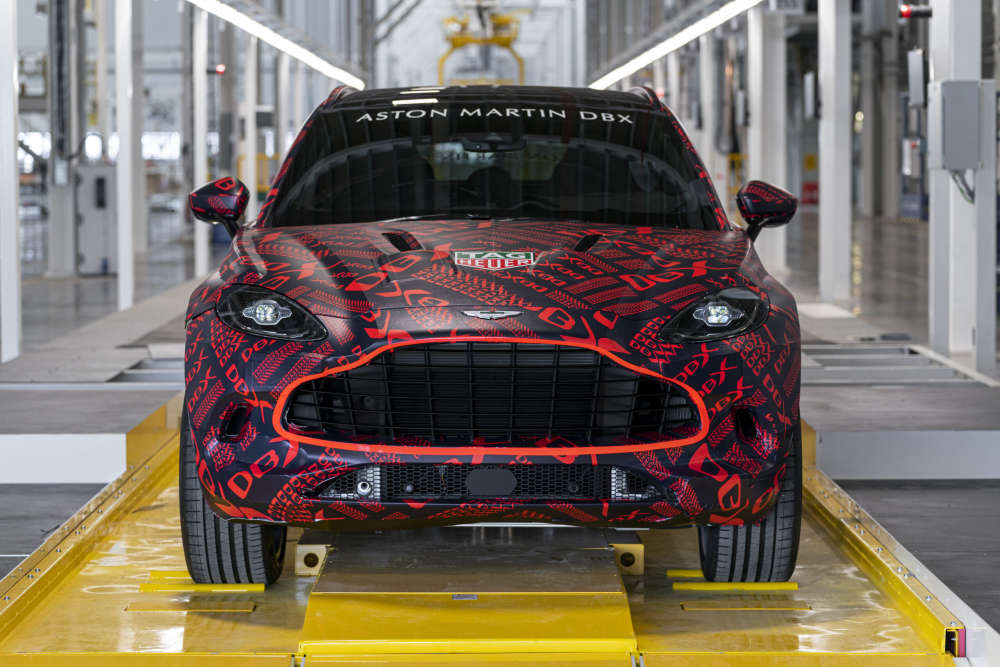
Adrian Hallmark said: "After a period of intense product launches, coupled with industry-wide and company challenges, our focus now shifts to operational execution and delivering financial sustainability."
"I see great potential in Aston Martin, and our goal is to transition from a high-potential business to a high-performing one, better equipped to navigate future opportunities and uncertainties."
The St Athan plant was officially opened in December 2019, specificially to build Aston Martin's first SUV (sports utility vehicle), the DBX 707.
Last February, the company announced it was taking on an extra 400 workers at both of its UK manufacturing sites for increased production.
Aston Martin has sought to move towards electric car - prioritising plug-in hybrid vehicles including a small battery and a petrol engine.
But the first such model is not expected until next year at the earliest - and it could even be delayed further into the latter half of the decade.




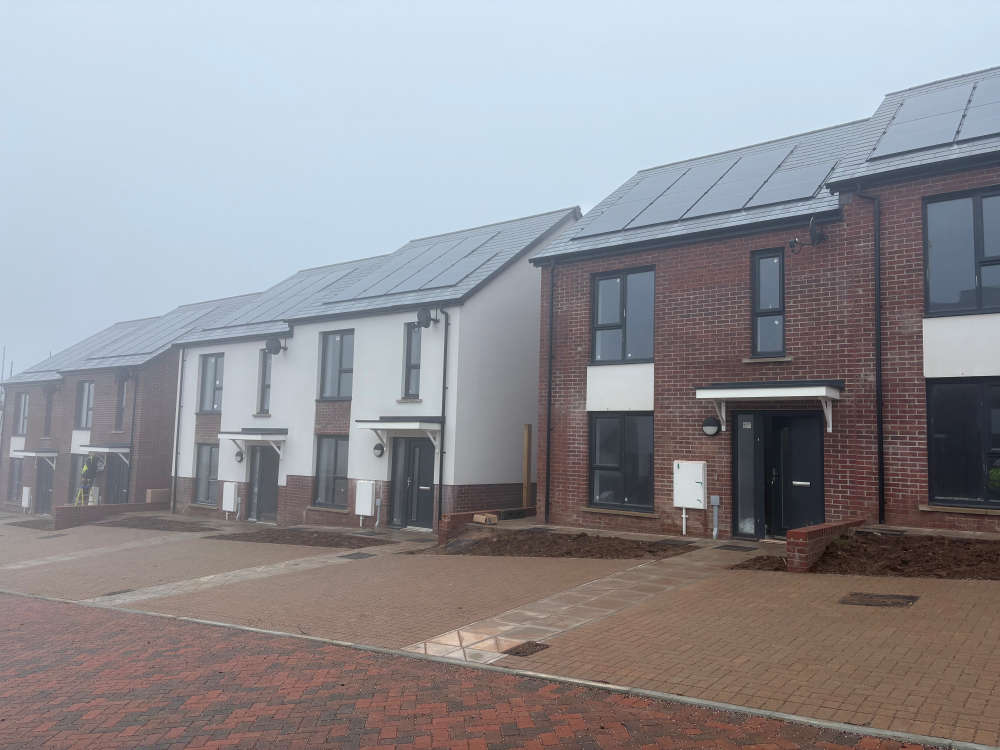 Barry housing plans facing consultation
Barry housing plans facing consultation
 Indy campaigners prepare for Barry march
Indy campaigners prepare for Barry march
 Marie Curie supporters to run Vale marathon
Marie Curie supporters to run Vale marathon
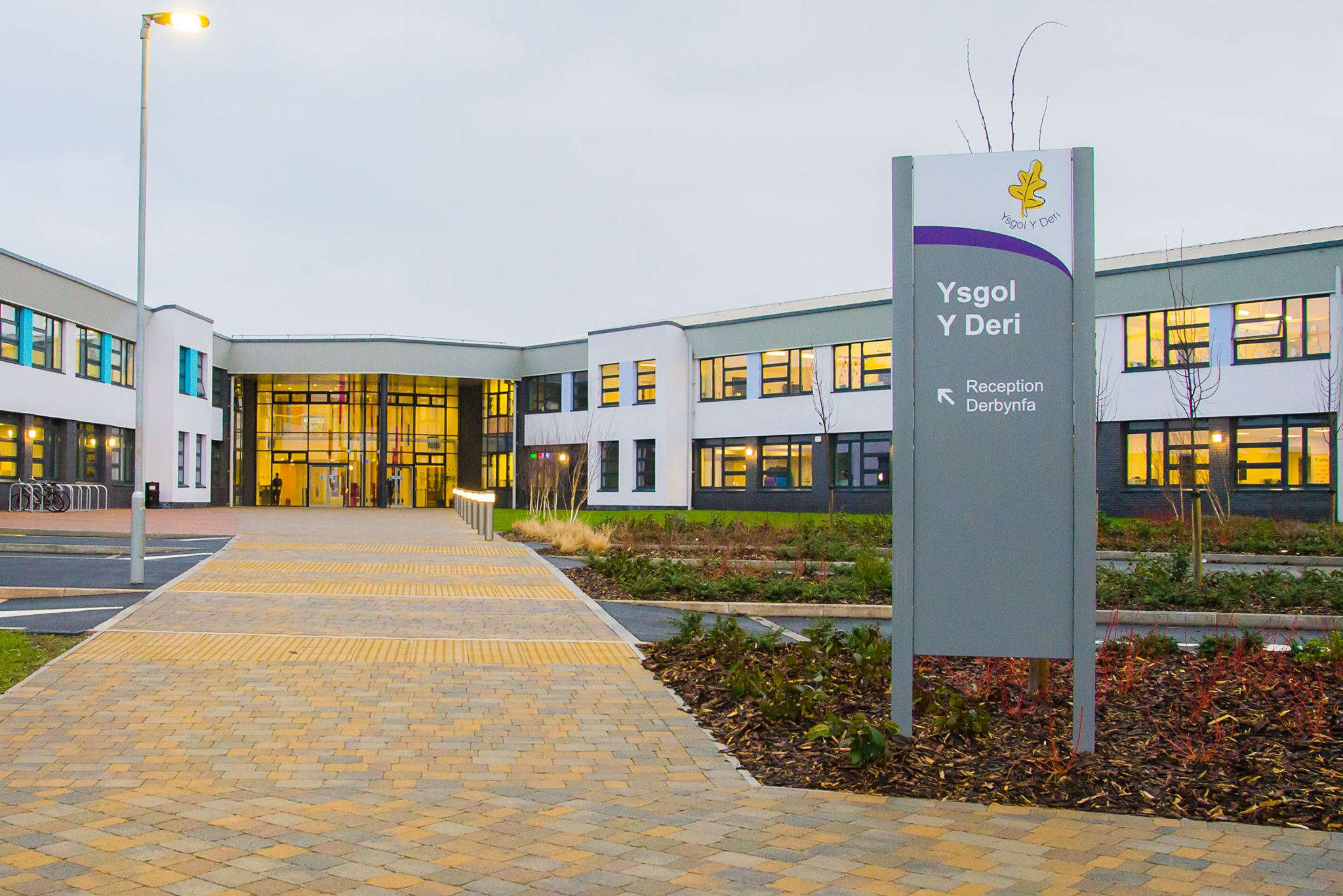 Inspectors' praise for Ysgol y Deri
Inspectors' praise for Ysgol y Deri
 Mayor to host Bank Holiday craft market
Mayor to host Bank Holiday craft market
 Flat residents still waiting for fire safety works
Flat residents still waiting for fire safety works
 Authorities launch climate and nature charter
Authorities launch climate and nature charter
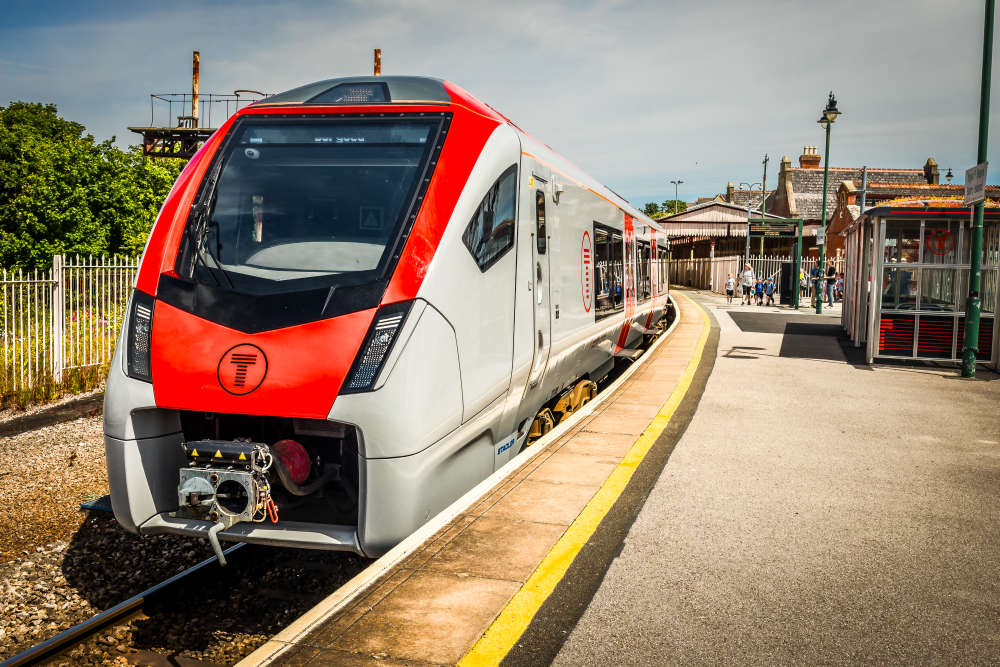 Local trains resume amid bridge disruption
Local trains resume amid bridge disruption
 Dad to run London Marathon for RNLI
Dad to run London Marathon for RNLI
 Appeal for missing Llantwit teenager
Appeal for missing Llantwit teenager
 Council criticised after Green Flag withdrawal
Council criticised after Green Flag withdrawal
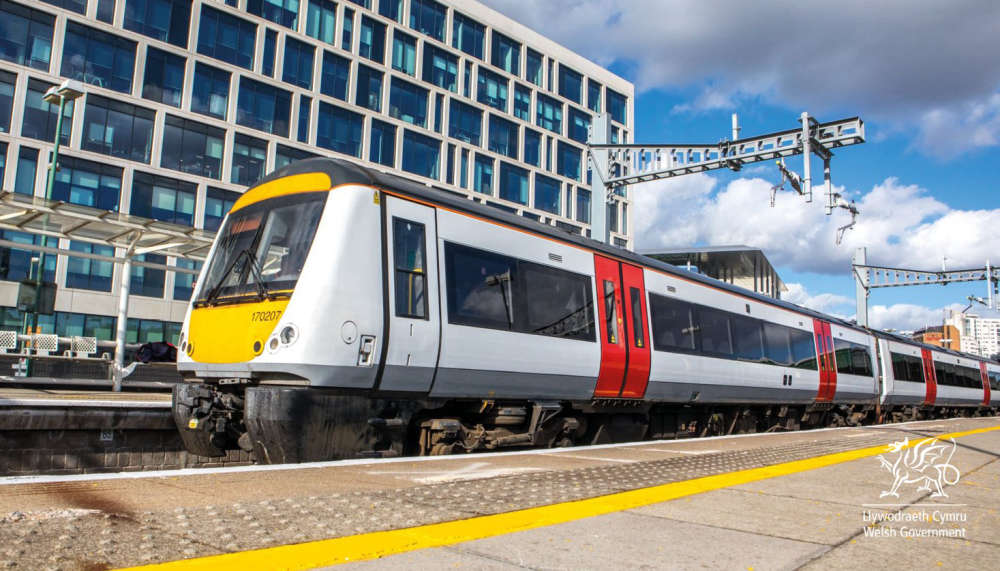 'Urgent' bridge repairs hits Easter rail services
'Urgent' bridge repairs hits Easter rail services
 Eastern Vale to pilot soft plastics recycling system
Eastern Vale to pilot soft plastics recycling system
 The kids are taking over!
The kids are taking over!
 Double shout for RNLI crews
Double shout for RNLI crews
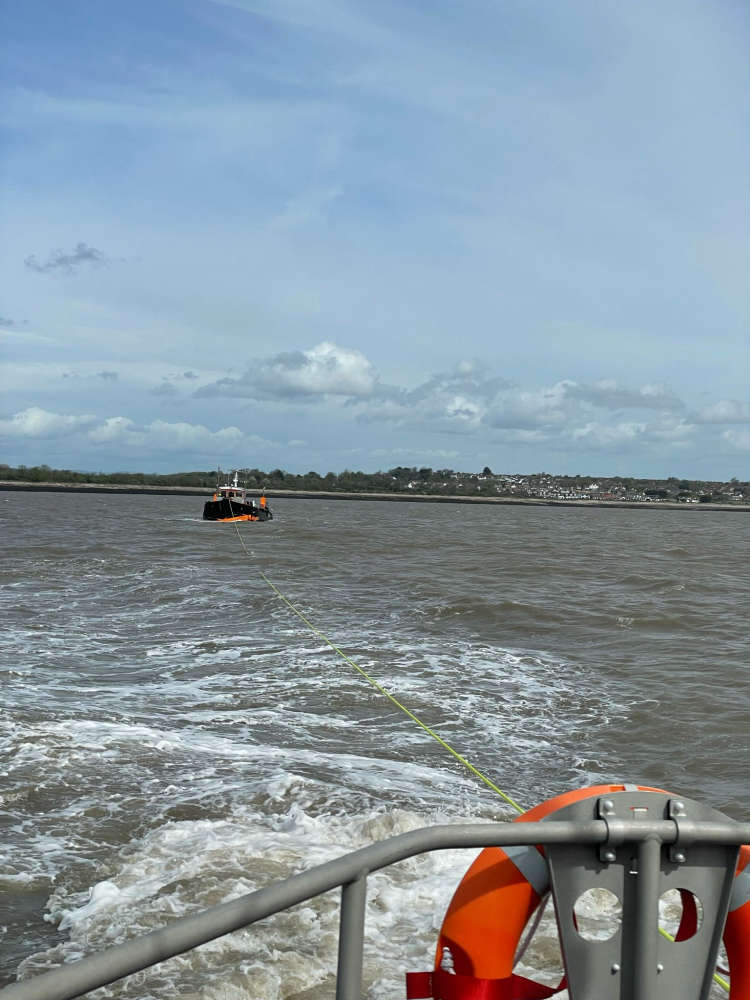 Drifting dredger rescued off Hayes Point
Drifting dredger rescued off Hayes Point
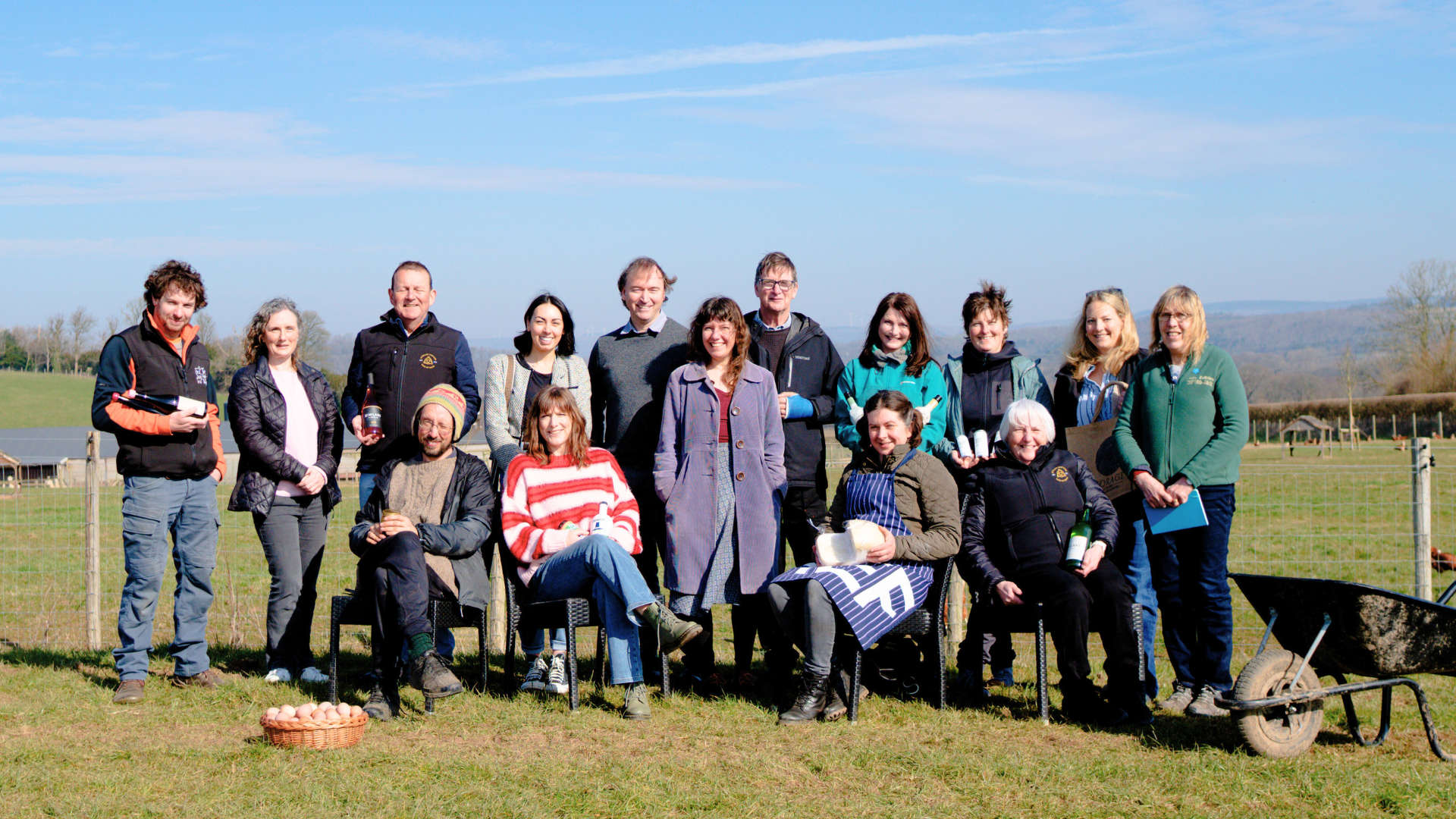 Line up unveiled for 2025 Vale Food Trail
Line up unveiled for 2025 Vale Food Trail
 Blackweir Live: licence approved for controversial gigs
Blackweir Live: licence approved for controversial gigs






